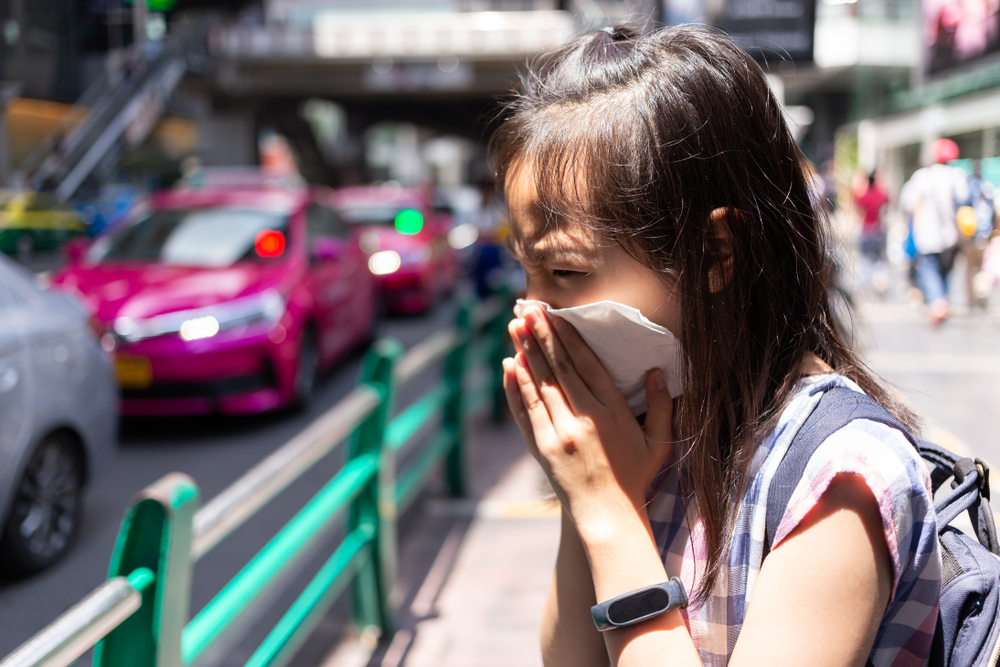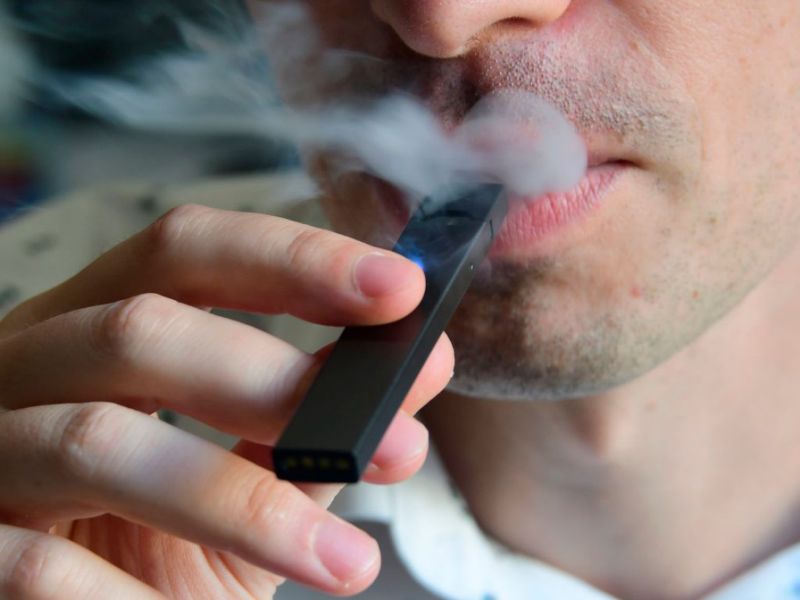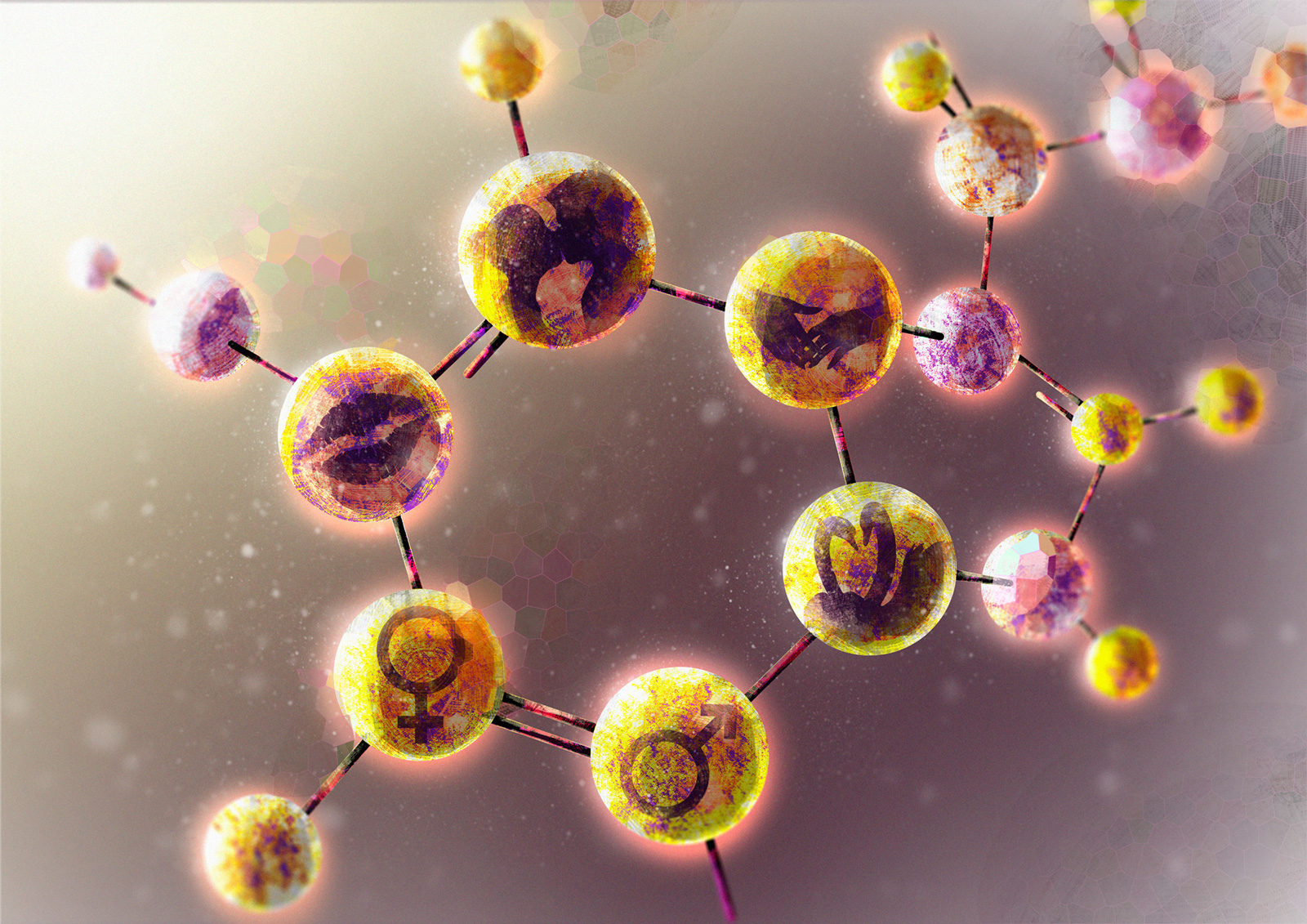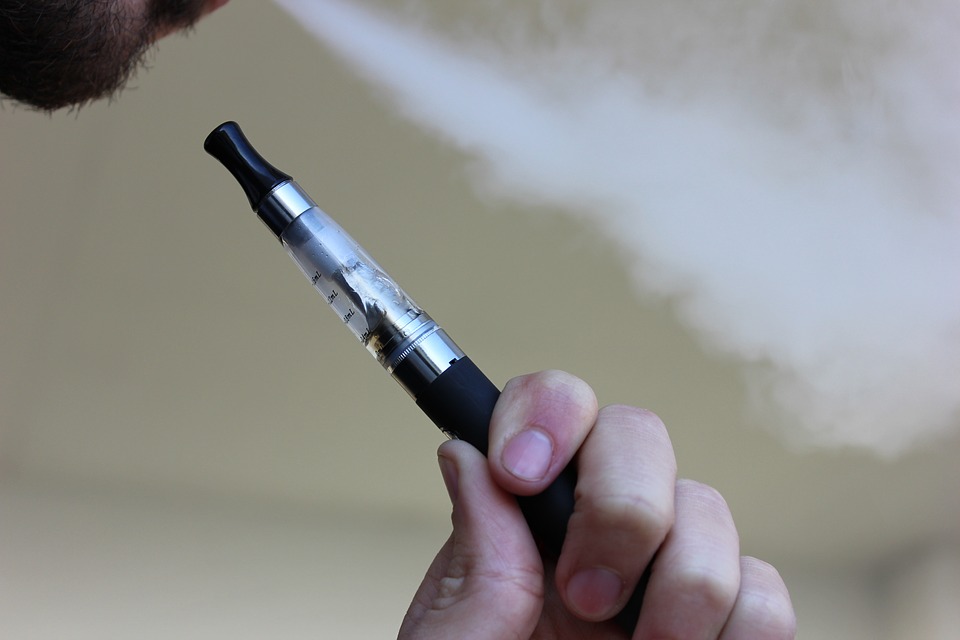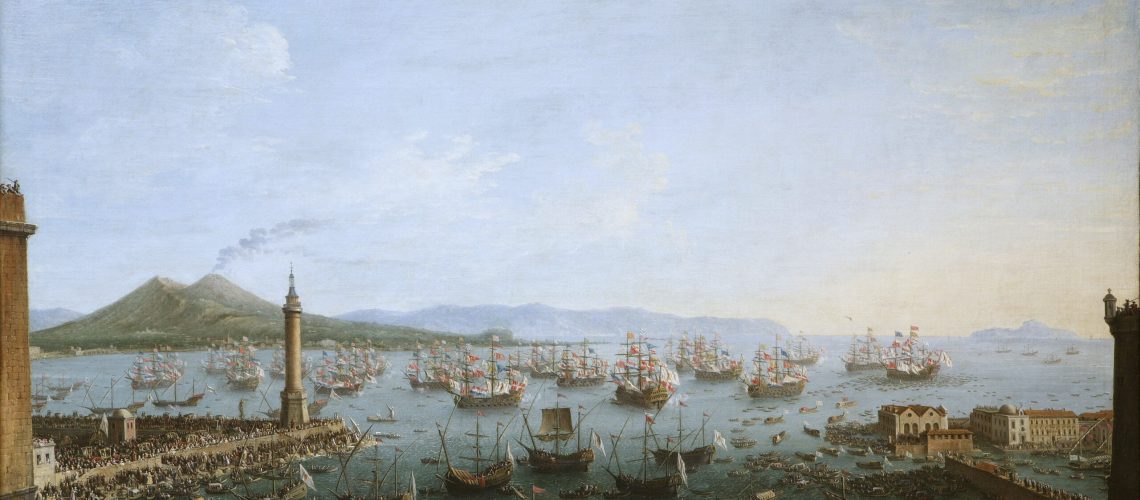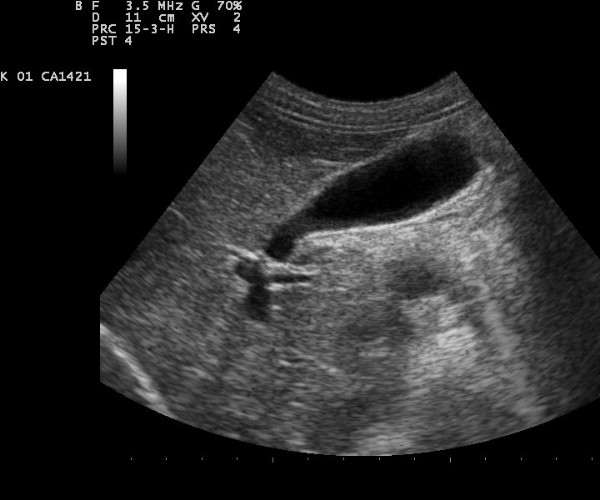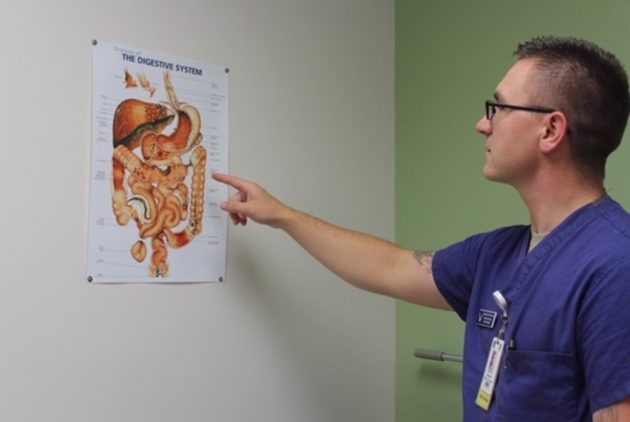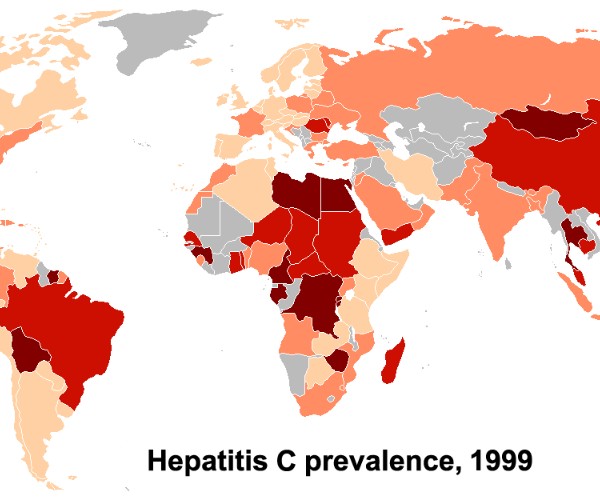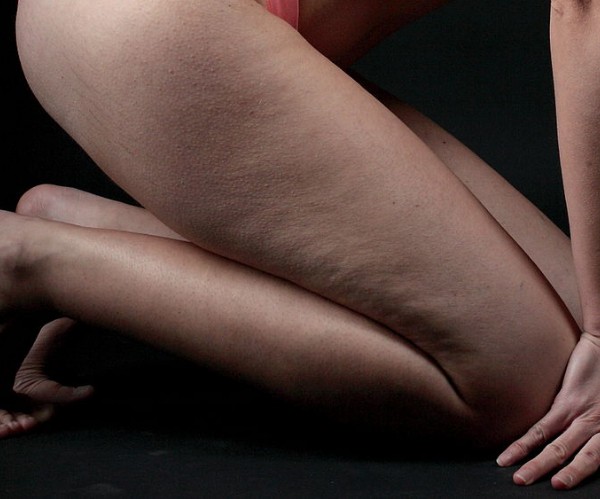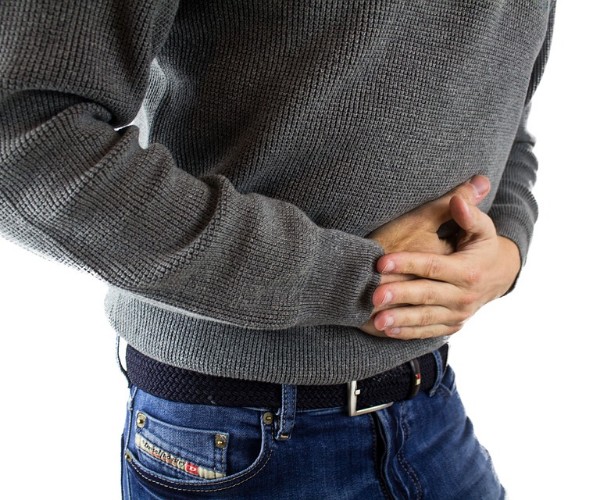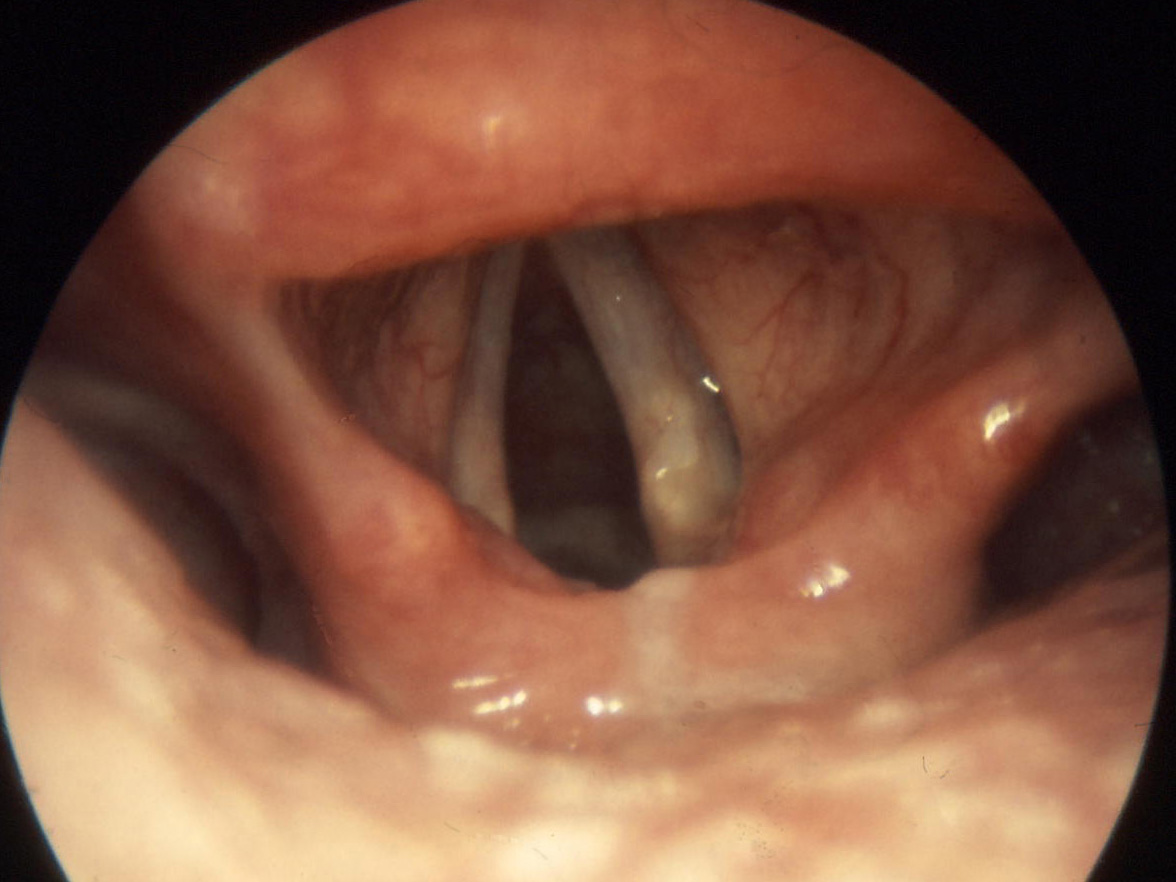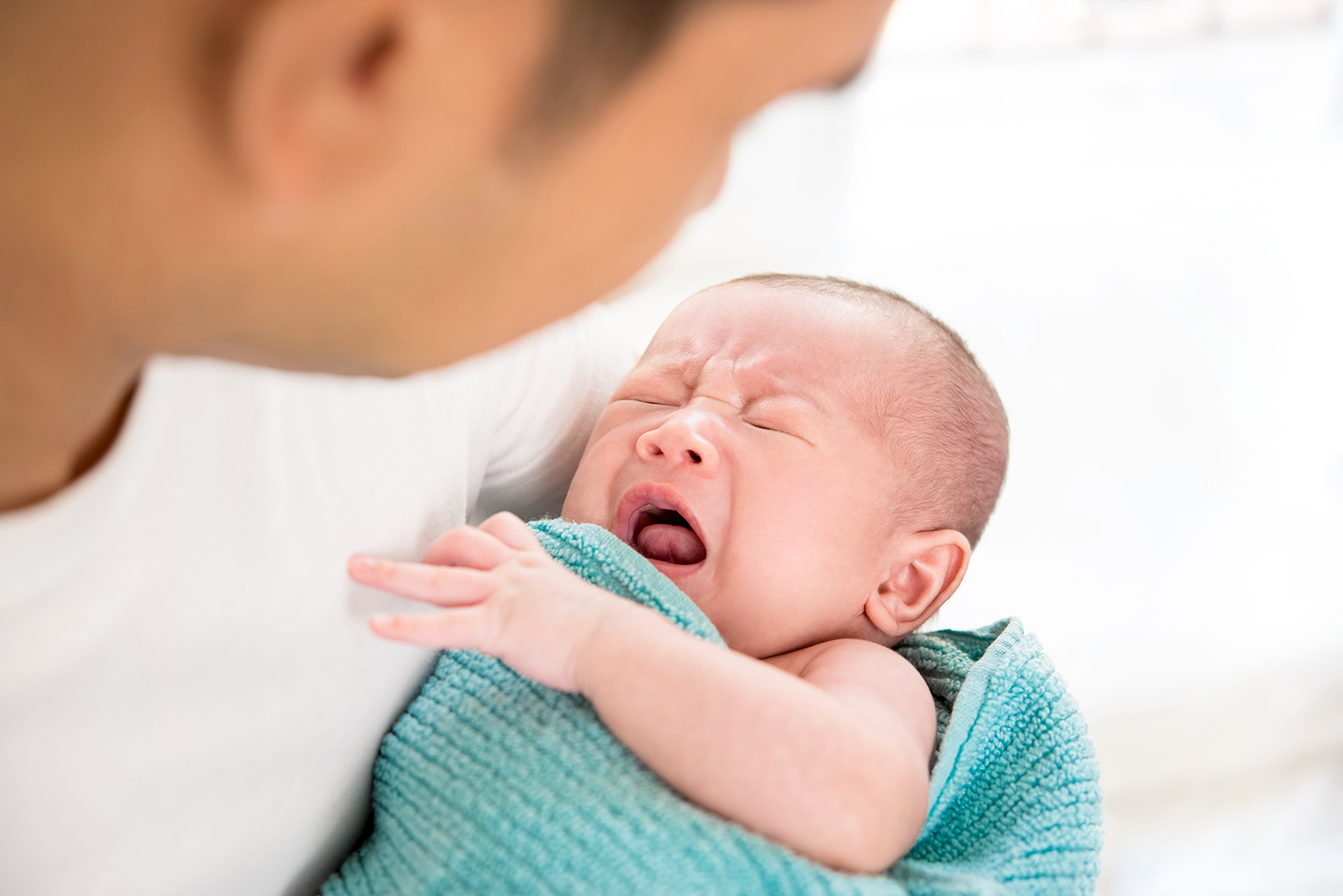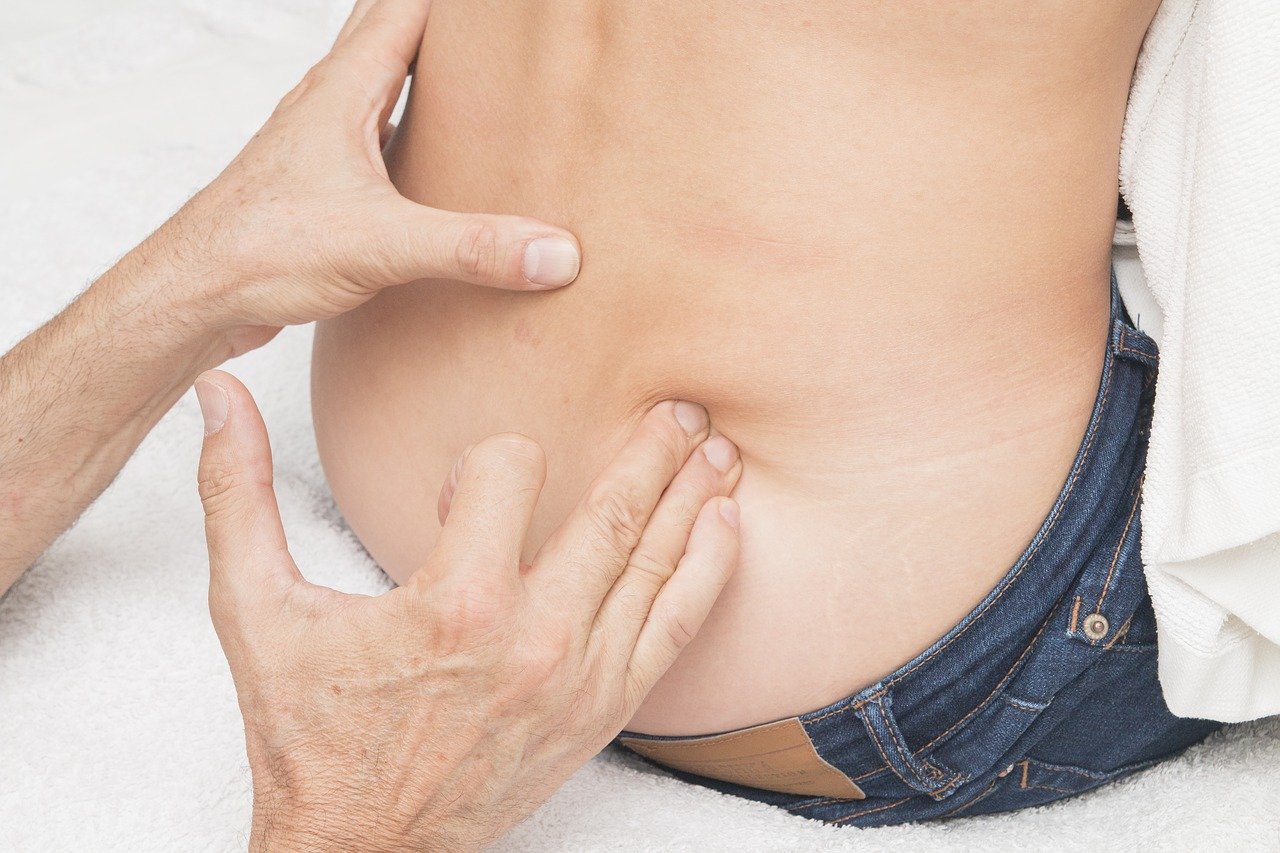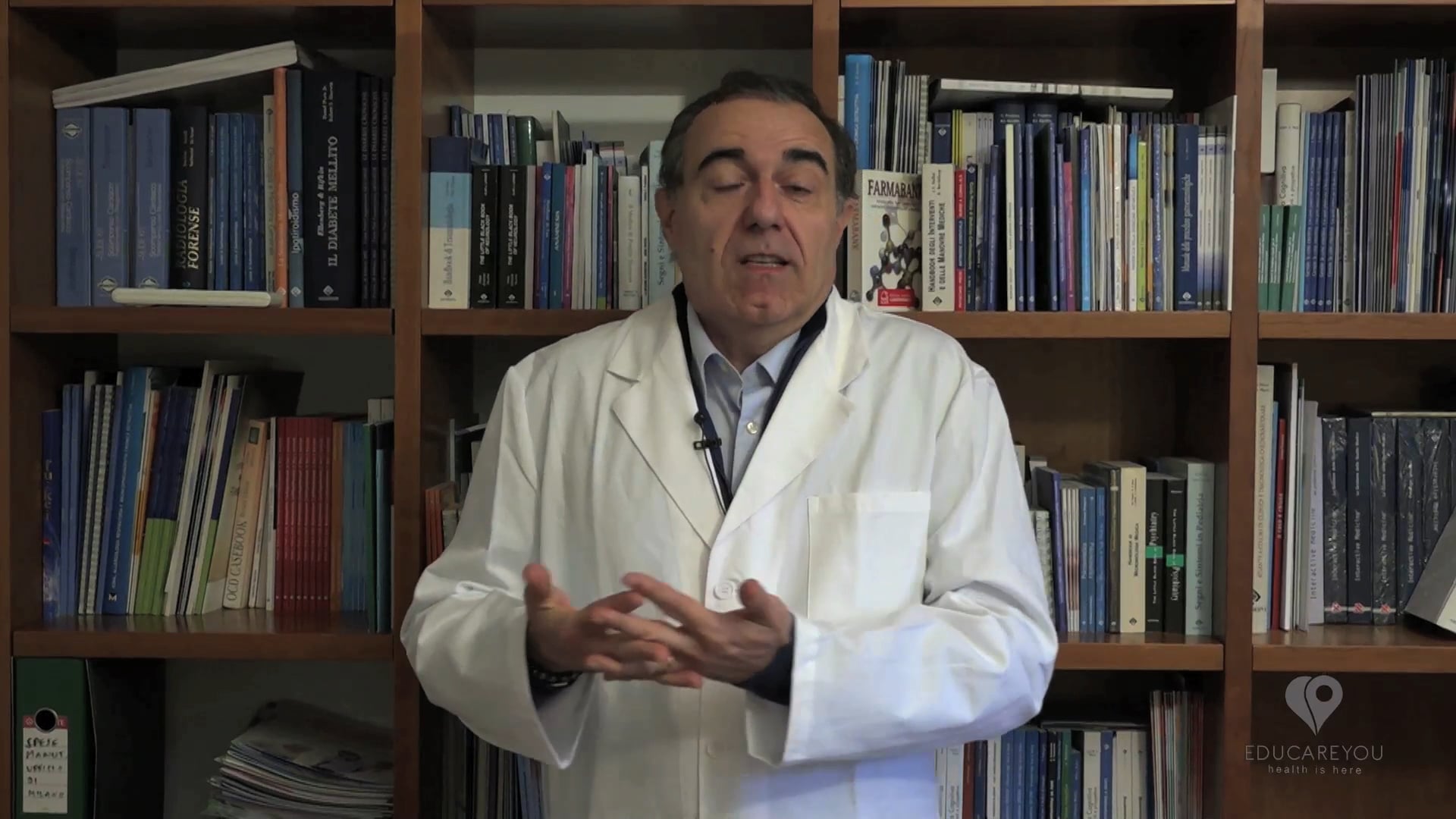Dr. Paola Russo, Specialist oncologist, Giugliano District, ASL Napoli 2 Nord
- Arriving in Naples in May 1734, Charles of Bourbon immediately confronted the problems that plagued the Kingdom of the Two Sicilies after centuries of economic and commercial stagnation related to successive foreign dominations. One of his first decisions was to order that Conferences be established by the Secretariat of State, and already at the first meeting in June 1739 there was a dutiful reminder of the urgent health needs. For the purpose of establishing a true national health service ante litteram Consideration was given to the establishment of the “lazarets in various ports of these Kingdoms … awaiting the indispensable necessity … of being able to admit therein in quarantine foreign ships coming from the Levant …”. The lazarets served to quarantine individuals from other nations who were suspected of carrying contagious diseases. Specifically, the minutes of the Conference of December 3, 1739, include a recommendation to establish a soap factory to be used for hygiene and public health.
Among the laws of Ferdinand IV, enacted between 1782 and 1784, are the special regulations concerning pestilential diseases, surveillance in ports, control of travelers’ health certificates, and cordons sanitaire in case of epidemics. Also noteworthy is the Smallpox Vaccination Bureau founded in 1802.
In the French decade, with the Navigation Act of 1809, Joachim Murat stipulated that when foreign ships entered the ports of the Kingdom the Public health employees were to perform the first visit and after, if it had been necessary, take health precautions;… They shall especially watch over lazarets and warehouses of merchandise subject to purging, conforming on this to health regulations. Also the Customs Clerks, and the Health Clerks will warn each other of the Ships coming to land anywhere in our Kingdom, and will rush immediately To perform their respective functions … Although it included innovative details, it confirmed existing ones, including the practice of vaccination.
Returning in 1816 after the fall of Napoleon Bonaparte, the King, who took the name Ferdinand I, on the subject of Public Health became interested in establishing diocesan administrations for the fruits of vacant benefits to be reserved for the benefit of hospitals and other entities that carried out health care.
But it is to the much-reviled Ferdinand I of Bourbon that we owe the important Organic Law of October 20, 1819 on Public Health in the Domains on This Side and Beyond the Lighthouse (i.e., the peninsular territories and Sicily) which begins, “The protection of the public health in our domains …, for what concerns so much The maritime health service as much as the domestic health service, is entrusted to a Supreme Magistrate of Health.” Intendents are appointed, who are considered to be true directors of the health service of their respective territories for both the maritime health service and the inland health service-a sort of general managers of the ASLs of our time.
It is interesting to read these measures, as we note therein issues of close relevance. Among the topics reported, special attention is given to air salubriousness “for establishments and factories of industry.” Distance from population centers and the need to channel industrial waste into special tanks and cisterns were prescribed for these facilities. Special attention was paid to gases from metal liquefaction or chemical laboratories. It should be noted that this 200-year-old norm referred to the “poisonous effects of dusts and airs (gas) unhealthy“, while only recently in European countries has there been a desire to adequately address pollution in large cities from exhaust and particulate matter from diesel engines in particular.
Still in Title II of the aforementioned regulation, De’ cibi, delle bevande e de’ farmaci nocivi, deposits of spoiled goods are prohibited and it is stipulated that every township shall have its own sewer and provision shall be made for the cleaning of the streets.
In Kingdom of the Two Sicilies of the 1800s great importance was indeed being given to the possible harmful effects on human health from foods no longer ‘fresh‘ and considered harmful the Drugs of occult composition. It had also been found that contact between sick people could be dangerous and, although not directly reported, that one disease could be transmitted to different individuals.
Inspections to ships from other nations and the need for quarantines were therefore confirmed, emphasizing the need for prevention of such diseases.
Complementing these groundbreaking provisions, the following year, with the Law of March 13, 1820, the Penal Statute for Infractions of Sanitary Laws and Regulations extended to “all royal domains” would be enacted. It is worth noting that there were very severe penalties for violators, which could go as far as the death penalty, such as for violating cordons sanitaire. Similarly, action was taken in cases of negligence against those in charge of control, such as security guards. With the November 1821 Decree, Ferdinand I also sanctioned the compulsory vaccination against smallpox in the Kingdom of the Two Sicilies, while in Italy the issue of vaccination is hostage to the political class and not already the prerogative of the health authority.
The other standards above are also highly topical, and it is fitting that after 200 years, air pollution is still being discussed in Italy, Europe and the rest of the world. Yet the enormous development of today’s knowledge would allow the problem to be solved: there is no shortage of national laws, but some major powers block the necessary international agreements.




